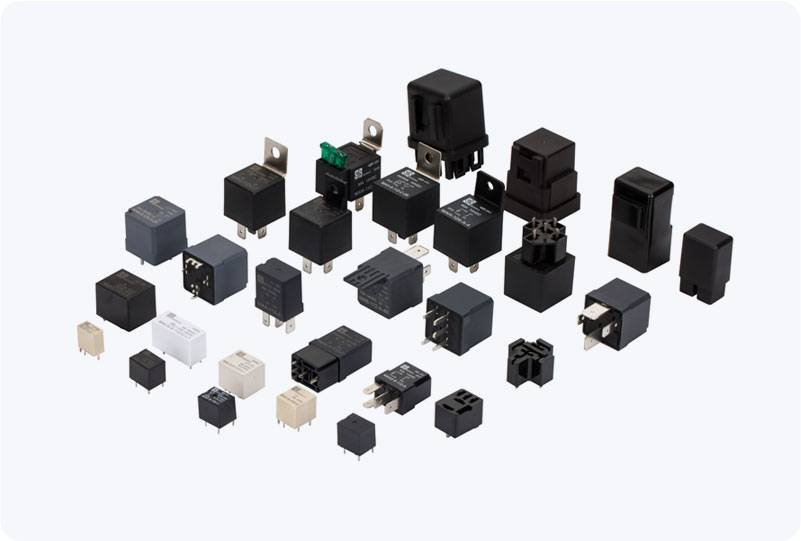Additionally, with the growing popularity of voice assistants, Smart Home Relays may become even more intuitive. Imagine a situation where a user doesn’t even need to open an app or press a button—they could simply speak to their smart speaker, asking it to control a relay to adjust lighting, appliances, or security devices, all through natural language commands.

Furthermore, the future of Smart Home Relays may also involve deeper integration with smart grids and renewable energy sources. For instance, a Smart Home Relay could be linked to solar panels or a battery storage system, optimizing energy consumption based on real-time availability of solar energy. This would help reduce reliance on traditional power grids and promote sustainability, leading to a greener and more energy-efficient home. Conclusion In conclusion, Smart Home Relays have already proven themselves to be a vital component of modern smart home ecosystems. They provide a seamless way to control and automate various devices in a home, enhancing comfort, convenience, and security. With their ability to reduce energy consumption, improve security, and integrate with a variety of smart home technologies, they represent an essential building block in the quest for smarter, more sustainable homes.
Leave a Reply